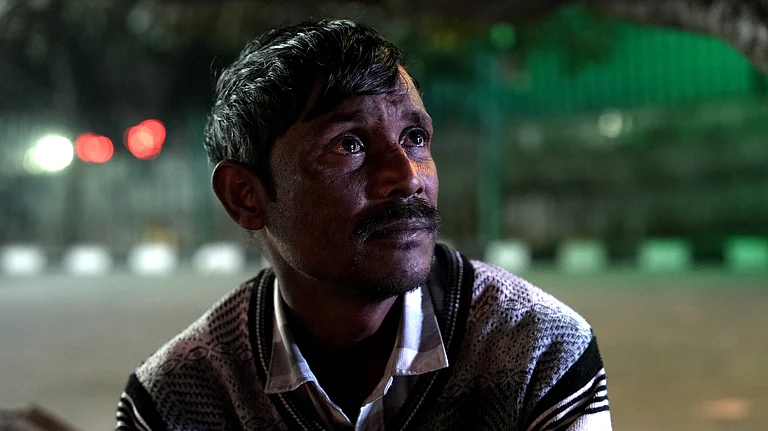The Yogi Adityanath-led Uttar Pradesh government has come up with a new digital media policy that enables appointing content creators and influencers to promote its programmes, schemes and achievements. The policy, which received the nod of the Cabinet last week, outlines that these creators will be paid between Rs 2 lakh and Rs 8 lakh each month.
The government has claimed that the policy aims to promote the use of social and digital media to spread important information about public and social welfare schemes, helping people understand their benefits. Additionally, it says, it is designed to create job opportunities for local youth and support digital startups.
The policy states that payments will be based on the views on each post or video. For videos and reels on Facebook and Instagram, payments range from Rs 2 lakh to Rs 5 lakh per month. Written posts on various platforms receive between Rs 5,000 and Rs 10,000 per post, with a monthly cap of up to Rs 50,000. YouTube creators can earn up to Rs 2 lakh per video and up to Rs 8 lakh per month, depending on their category and content.
Under the new policy, however, payments to content creators can be stopped if their posts are found to be vulgar, obscene, anti-national, or harmful to society. Those who fail to follow these rules, or who spread hateful or objectionable content, could face stringent punishment. Violations may lead to penalties under the IT Act, with punishments ranging from three years to life imprisonment for severe cases like anti-national activities.
The Press Club of India has strongly criticised the Uttar Pradesh government for including the clause that imposes severe penalties for content deemed inappropriate by the state's Director of Information. The Press Club has called for the withdrawal of this clause, labelling it unconstitutional. They argue that its broad and vague scope is draconian and infringes on the right to freedom of speech and expression under Article 19(1)(a) of the Constitution, which protects journalistic practices, including the criticism of government failures related to public affairs.
“A free and independent media informs and educates citizens, holds elected representatives and the executive accountable, which is the cornerstone of democracy. The government should not encroach upon the space that the Constitution allows journalism. We demand that the UP government withdraws clause 7(2) from its Digital Media Policy 2024 with immediate effect,” the statement read.
The statement also argued that the policy was unconstitutional, noting that it was "vague" and "open-ended" in a manner similar to Section 66A of the IT Act, which was struck down by the Supreme Court.
The Supreme Court of India struck down Section 66A of the Information Technology Act in 2015. The Court ruled that the section was unconstitutional due to its vague and overly broad language, which failed to clearly define terms like "annoyance" and "inconvenience." This lack of clarity meant that it could unjustly restrict a wide range of protected speech, infringing on the right to freedom of expression under Article 19(1)(a) of the Constitution. The Court found that the section's restrictions did not fit within the reasonable limits set by Article 19(2).
Supreme Court lawyer Ninad Laud, who was consulted by Shreya Singhal, the petitioner in the case challenging Section 66A of the IT Act, while reviewing the new digital media policy said, “There is no law that this flows from really, and it talks about how an account that “violates the IT Act” will be delisted/ become ineligible. So the reference to the IT Act is to spell out a general disqualification. But, there is no provision of the IT Act that has been referenced. Surely, it cannot be a reference to Sec 66A which has been already struck done by the SC.”
“This apart, some clauses of this policy document, suggests that it seeks to incentivise dissemination of information in a form and manner more palatable to the dispensation,” Ninad Laud told Outlook.
According to a report published by The Hindu, digital influencers have argued that the new policy appears to be an attempt by the government to produce favourable content and influence public opinion. Santosh Singh, who runs the digital platform Times of Swaraj, suggested that the government is using financial incentives to make influencers act as cheerleaders, aiming to create a more favourable environment amid increasing social media criticism.
The digital media policy has been introduced ahead of the upcoming Assembly by-polls in Uttar Pradesh, with the state government under considerable pressure to improve its performance following an unexpected result in the recent Lok Sabha elections.




























